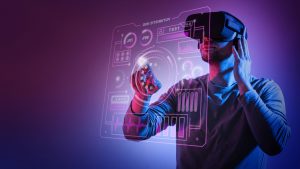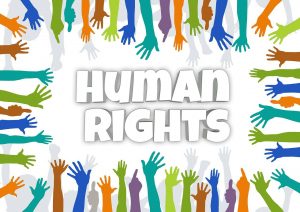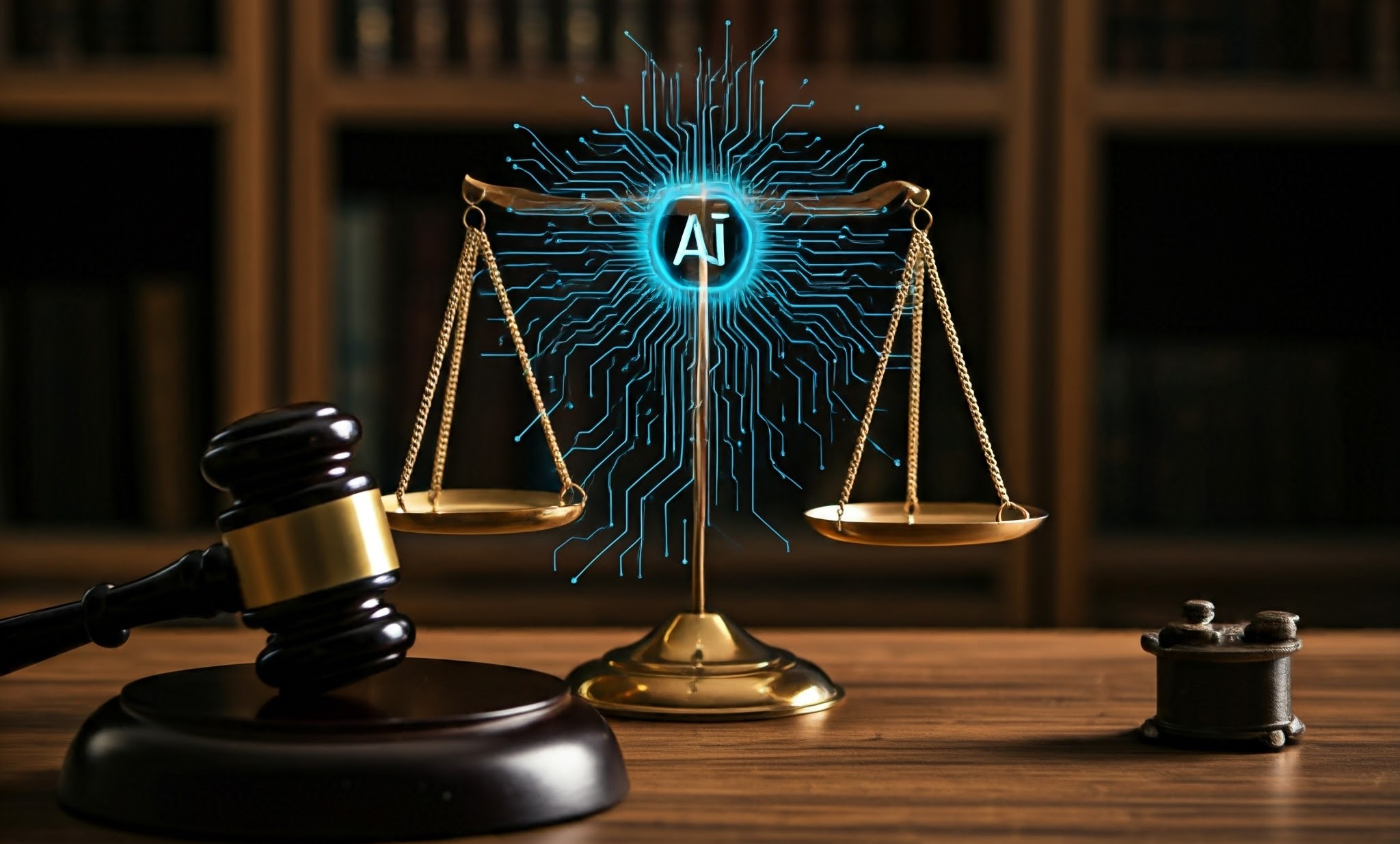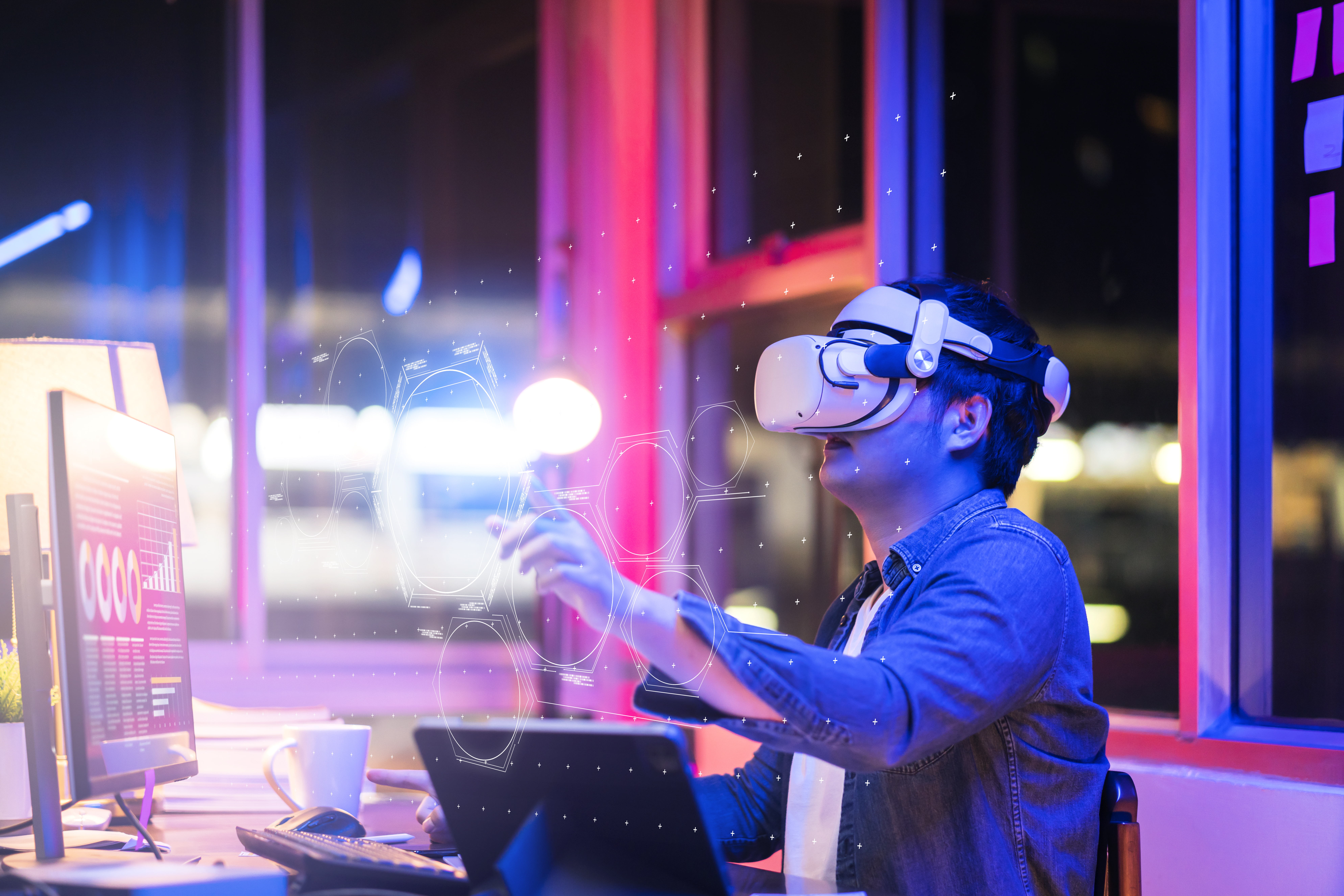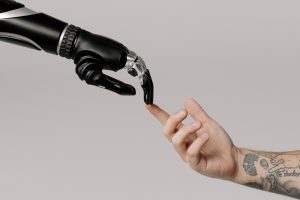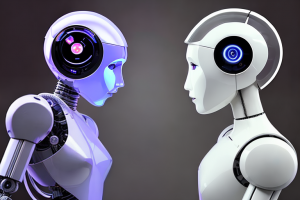
Artificial Intelligence is rapidly reshaping society, challenging democratic values, and raising pressing ethical concerns. As AI systems become more advanced and integrated into daily life, the boundaries between human decision-making and machine autonomy are increasingly blurred.
While we celebrate the arrival of Nepali New Year 2082, it’s worth reflecting on how our conversations and relationships have changed. The convenience of sending a “Happy New Year” message with a single tap has replaced personal, heartfelt interactions. Although Nepal has only recently adopted technologies like WiFi and budget smartphones, they are now deeply embedded in our daily culture.
AI and the challenges
Careers in AI and digital industries are in high demand, but they are also limiting space for genuine human connection. What was once confined to science fiction is now a part of everyday life. As AI continues to evolve, a growing debate has emerged: AI vs. human intelligence—two paradigms vying for influence in how we live, relate, and even understand ourselves.
AI, known by some as the industrial revolution (IR) 4.0, is going to change not only the way we do things, how we relate to others, but also what we know about ourselves. The IR1.0, the IR of the 18th century, impelled a huge social change without directly complicating human relationships.
Modern AI, however, has a tremendous impact on how we do things and also the ways we relate to one another. Yuval Noah Harari, Israeli historian and best known for his groundbreaking book Sapiens: A Brief History of Humankind, has issued a stark warning about artificial intelligence (AI) shared a mindblowing story about how GPT-4 manipulated a human to solve a CAPTCHA puzzle.
The AI could not do it on its own. Democracy is conversation and now most sophisticated technology in history and yet the conversation breaking down, people cant talk to each other, people cant listen, they can’t agree on anything, why because main reason is algorithm is manipulating human in the same way algorithm controlling TikTok, YouTube many other social platform.
In the midst of this new era, Yuval illuminates the potential dangers of unchecked AI development and data collection that enable unprecedented surveillance and control while also offering hope and actionable insights for shaping a positive future.
What comes next? Warning signs serve as a call to action. If AI is truly an agent and not just a tool, then who is responsible to regulate and control growth and fall on humanity. How do we ensure AI remains aligned with human values? Can we prevent AI from surpassing our control? And most importantly, have we already crossed the point of no return? AI has the ability to act independently, AI systems are already making autonomous decisions in various fields, including warfare. Hence, it could deeply affect religion, culture, society, and humankind.
Questions of responsibility and regulation
In the upcoming book AI and the Future of Education: Teaching in the Age of Artificial Intelligence by Priten Shah, the author argues that emotional connection is the unique value humans bring to education. It suggests a shift from career-focused training to the revival of liberal arts principles—teaching students how to think, converse, and engage meaningfully with society.
Universities, the book argues, should be about more than preparing students for jobs. They should guide young adults in discovering their identity, building relationships, and defining what truly matters to them.
AI must not replace human beings; rather, it should support teachers and students. Educators must be central in shaping AI’s role in classrooms. If done correctly, this could improve both the effectiveness and equity of the education system.
Vygotsky’s wisdom: Intelligence is social
Russian psychologist Lev Vygotsky emphasised that human development stems primarily from social interactions. He introduced the idea of internalisation—how language and signs used in social contexts become part of our thought processes. AI may assist in learning, but it cannot replace the “other people” vital for intellectual and emotional growth.
Vygotsky’s work challenges the notion of intelligence as a purely individual trait, instead emphasising the role of social activity in shaping the psychological processes of the mind. He introduces the concept of internalisation, a complex process through which individuals gain control over the signs, such as language, that they use for social activity.
As we enter the New Year 2082, perhaps we should celebrate with deeper self-awareness. Being human is a power in itself—the conscious ability to feel. This capacity for emotion can guide us towards higher consciousness through meditation, spirituality, self-care, and a connection to impermanence.
By embracing a socially grounded, emotionally aware view of intelligence, we can unlock our true human potential and ensure we’re prepared to navigate an increasingly AI-driven world.




